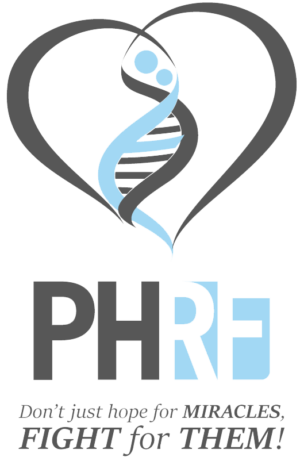Pitt Hopkins-Like
Syndromes-1 and 2
Pitt Hopkins-Like Syndrome-1
Genetic mutations in the CNTNAP2 gene in chromosome 7q35 have also been associated with Pitt Hopkins Syndrome. Children and adults affected by these mutations are said to have Pitt Hopkins-like syndrome-1. They may not present the same facial features as individuals with mutations in chromosome 18. However, they share many of the same issues such as global developmental delay, seizures, lack of speech, breathing irregularities, and autistic features.
Pitt Hopkins-Like Syndrome-2
Pitt-Hopkins-like syndrome-2 is caused by mutation in the NRXN1 gene on chromosome 2p16.3. These children and adults may have impaired speech development, autistic behavior, breathing anomalies, constipation, and strabismus, resembling Pitt Hopkins syndrome.
Children with mutation the CNTNAP2 or NRXN1 gene typically have normal or mildly delayed motor milestones.

